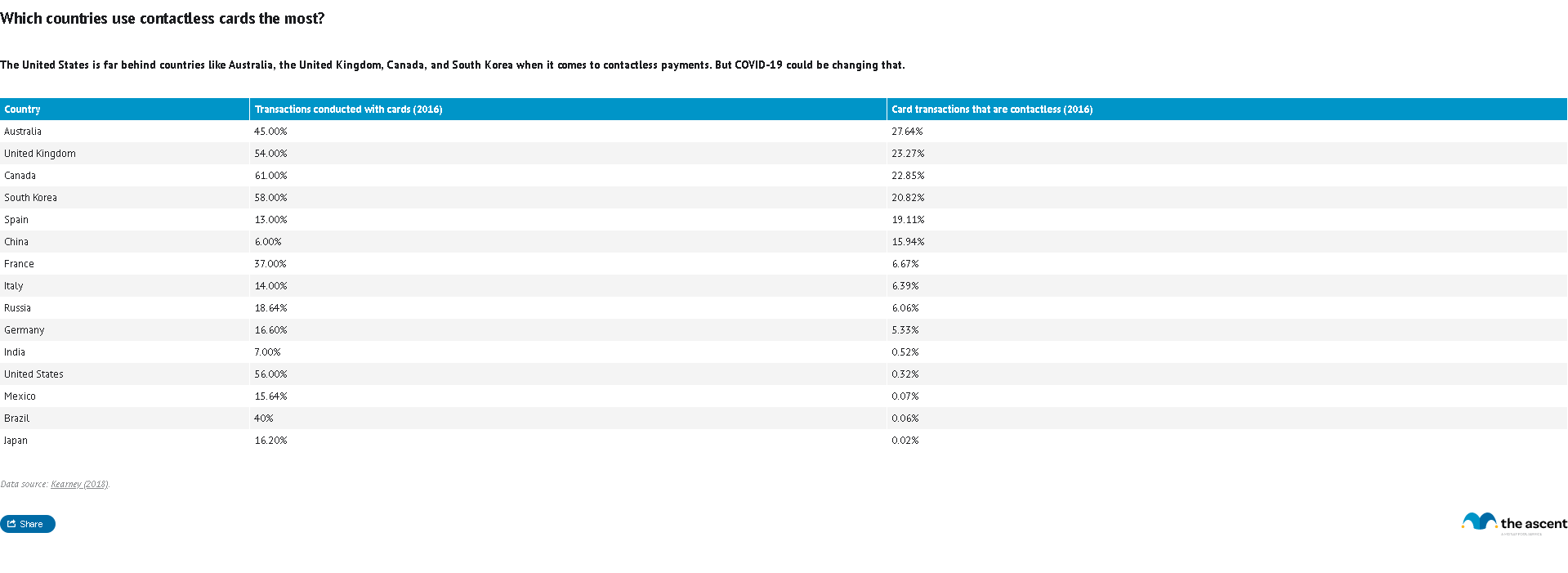BNPL services may seem cost-effective and convenient, but they can easily get you into trouble.
Q3 2020 hedge fund letters, conferences and more
The holiday season is upon us. It may look a little different this year due to the coronavirus pandemic (think online shopping rather than lining up elbow to elbow in crowded stores). But there's a good chance retailers will still enjoy a spending boom, especially as they continue to offer a host of deals and promotions. Of course, the problem with holiday shopping is that many people can't afford it. Last year, one out of every five Americans went into debt during the holidays. And carrying debt can have consequences. Not only can debt cost money in the form of accrued interest, but it can also result in credit score damage.
This is why many consumers are warned against charging up a storm on their credit cards during the holidays. But what about buy now, pay later services (BNPL for short)? These services let consumers purchase goods and pay them off in installments without automatically racking up interest. In fact, BNPL is emerging as a viable alternative to credit cards, especially since many popular physical and online retailers now offer this payment method. But is BNPL a good idea for holiday expenses, or a recipe for disaster?
Consumers need to be careful with BNPL services
BNPL services allow you to stretch payments out over time -- but those windows are limited, usually lasting 12 weeks or less. If you don't have funds in a savings account, BNPL might be a good way to deal with an emergency expense. But it's not necessarily a great way to pay for items that in no way fit into your budget. If you can't swing a $1,000 TV today, chances are, you can't pay for it in full over the next three months.
As such, BNPL services tend to give consumers a false sense of security. They do help with near-term cash flow. However, they're so easy to qualify for that people easily forget they can't actually afford the items they're buying.
Of course, there is a time when it makes sense to use BNPL during the holidays. That's if you're expecting a windfall in the near term. Many people get cash bonuses at work, but they're often not paid out until the very end of the year, or even early the following year. That's not helpful when it comes to paying for holiday gifts. In this scenario, BNPL services make sense. If you know you have a pile of cash coming your way but are a little short, you can sign up for a BNPL agreement and pay it off when your bonus comes in.
But otherwise, BNPL can be dangerous. If you don't make your payments, you'll be reported as delinquent to the credit bureaus whose data dictates your credit score. And a reduced credit score could make it extremely difficult to borrow affordably in the future. Furthermore, falling behind on BNPL agreements means racking up late fees and interest charges. These charges don't apply if you're timely, but can be exorbitant when payment arrangements are breached.
A better solution for holiday purchases
BNPL services should only be used in two scenarios -- when money is tight on a very temporary basis, and when an emergency expense pops up. Beyond that, consumers should be very careful when paying with BNPL.
For holiday shopping purposes, a 0% introductory APR credit card is one alternative to BNPL. Now to be clear, these cards can also be dangerous. Failing to pay off the balance before the end of the introductory period could mean racking up a world of interest. But unlike BNPL services, which typically require full repayment within three months, many credit cards with a 0% introductory rate offer that perk for an extended period. Consumers can often sign up for 0% introductory periods lasting a year, and some can last up to 18 or 20 months. As such, holiday shoppers in a cash crunch should seek out different credit card offers before automatically signing up for BNPL.
Of course, in an ideal world, consumers would not have to take on debt with their holiday shopping. But that's not always realistic. There's a lot of pressure to be generous during the holidays. And many parents are burdened with coronavirus guilt right now -- the guilt that comes with knowing their children have had an unsettled year. It's these parents in particular who may compensate by showering their kids with piles of presents. Even if it means paying them off over time.
The bottom line on BNPL
BNPL services can be very useful -- but also, dangerous. Consumers should proceed with caution when entering into these agreements, especially during the holidays, when the temptation to spend is stronger than ever.






